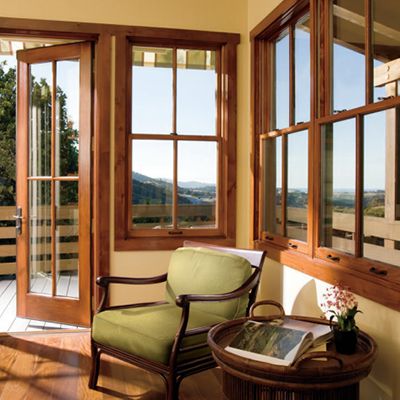Condensation is a sure sign that your home windows have to be replaced.
Windows are a crucial obstacle between the severe, variable weather outside as well as our tranquility, regular house temperature levels. Home replacement windows tend to have a fifteen to twenty-year lifespan, so luckily we don't need to consider replacing them frequently. However understanding when it's time to replace them can be tricky. You might be tempted to try and hold out for another season if you recognize the warning signs. But changing your windows currently could help you expand the life of your whole home and also maintain you and your family members warm all winter long. Below are a few signs that your home windows are not ready for the rough winter season this year.
Drafty Home
As windows age, they start diminishing, breaking, as well as not shutting appropriately, allowing air from within your home to drain. As a result of this, your HEATING AND COOLING system battles to keep your residence at a continuous temperature level as well as sends your power bills escalating. If your residence is noticeably extra drafty or your electric costs seem to be increasing this succumb to no apparent reason, you could want to have your windows looked into.
Challenging to Lock
We appreciate having our windows open when the weather condition behaves, yet they shouldn't be open every one of the time. During the wintertime when we're away, your windows ought to be shut in location and also secured. Windows with malfunctioning locks is a major safety and security threat that should be fixed immediately to maintain your household secure. Often the lock can be repaired cheaply, however if the home window is having difficulty remaining open or closed or is dripping air, it could be best to merely mount a brand-new one.
Condensation Forming
The largest sign that you require brand-new home windows is when condensation begins to base on the within your home window when it is closed as well as locked. This is a sign of a likely get more info permanent problem as well as must be attended to immediately to avoid the prospective growth of mold in the structure, which could infect other areas of your home and also create severe damage when left neglected.
Have you practically had it with your old, drafty home windows?
Is this the year you've made a decision to lastly replace your windows? Changing your home windows with new ones comes with great deals of benefits, including a power effectiveness boost, far better air flow, and far better high quality of light in your home. The National Window Score Council accredits and classifies windows (along with doors as well as skylights) on their performance as well as energy performance. When you're looking for brand-new windows you'll see these rankings on the NFRC label. In this week's blog site, we'll discuss ways to read this tag to make certain you're making an informed choice on your new home windows.
Heat Gain as well as Loss
The initial three homes on the tag involve how the window executes with regard to warmth gain and loss. Windows gain as well as lose heat in 3 ways:
Direct transmission through the glass.
Radiation of warm from the sunlight right into the house, as well as away from the house from objects in your home.
Air leak through and around the home window.
U-factor
This is "The price at which a home window, door, or skylight conducts non-solar warm circulation." The takeaway below is "The lower the U-factor, the much more energy-efficient the window, door, or skylight."

Solar Heat Gain Coefficient
The SHGC tells us how much radiation is admitted through the window and released as heat in the home. The reduced the number, the much less warmth is sent. Nonetheless, this does not necessarily imply you want a low SHGC. For example, because a greater SGHC suggests the home window permits a lot more warm in, you could enable much more solar heat inside in the winter, which can lower your home heating demands. In this case, the climate you stay in will play a major consider selecting an SHGC score.
Air Leakage
This evaluates just how much air the window allows relative to a particular stress distinction across it. The reduced the score, the less air leak.
Sunlight Passage
The following two rankings determine how much light a home window lets right into your home.
Noticeable Passage (VT).
This number between 0 and also 1 steps what portion of the spectrum of noticeable light the window lets through. The greater the fraction, the extra light the window will certainly enable. If you intend to utilize daylighting in your house, you'll want a greater fraction. If you wish to decrease indoor glare, you might desire a lower portion.
Light-to-Solar Gain.
This number is the ratio between the SHGC and also the VT. "The higher the number, the extra light transmitted without including too much amounts of warm.".